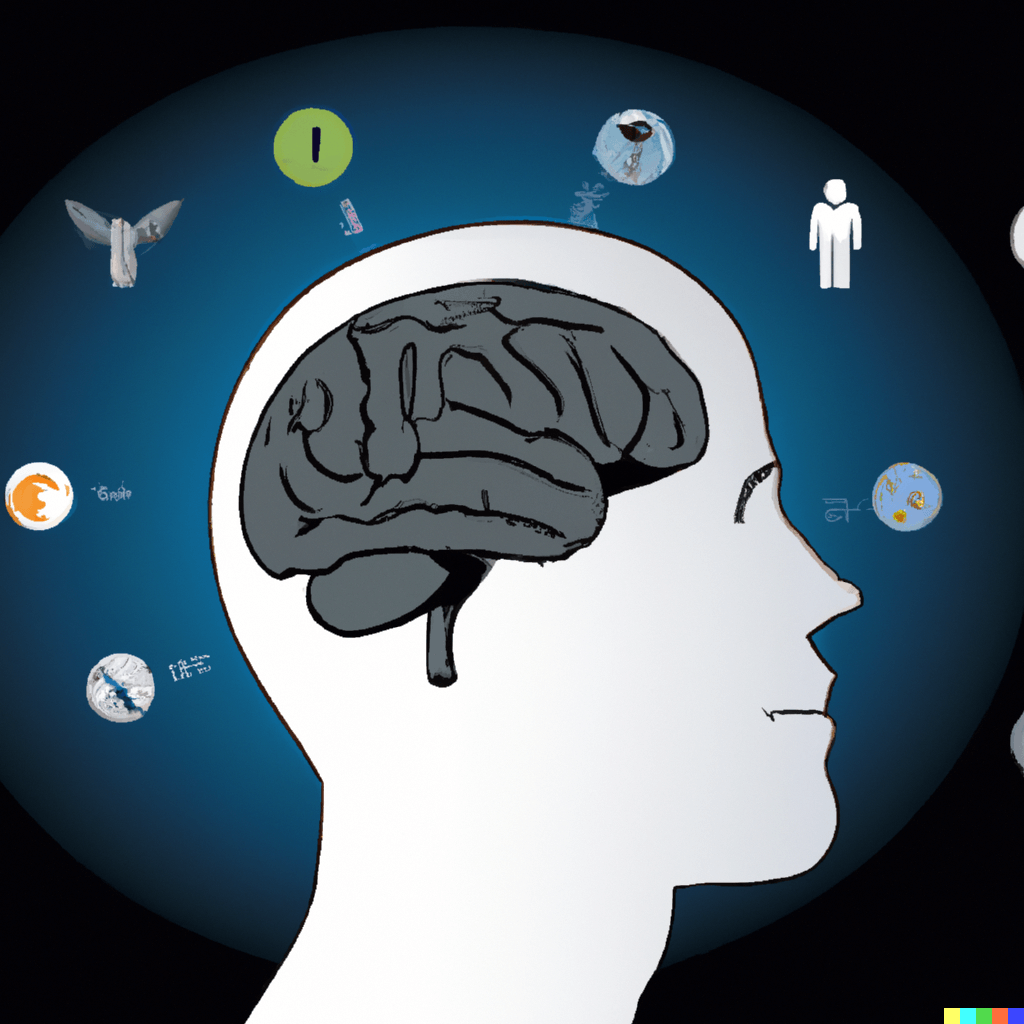
Running is a simple, inexpensive and effective way to improve your physical health. But did you know that running also has a powerful impact on your mental health? In this article, we will explore the various ways in which running can improve your mental wellbeing.
Reduces Stress and Anxiety
Running can be a highly effective way to reduce stress and anxiety. When you run, your body releases endorphins, which are natural chemicals that can improve mood and reduce feelings of stress and anxiety. These endorphins can produce a sense of euphoria and well-being commonly referred to as the "runner's high." Running can also help to reduce cortisol levels, which is a hormone associated with stress. Additionally, running can provide a sense of control and empowerment, which can be especially helpful during times of stress or anxiety. By setting goals, tracking progress, and achieving running milestones, individuals can gain a sense of accomplishment and self-confidence that can contribute to overall mental health and well-being. Lastly, running can provide a distraction from daily stressors and can help individuals to clear their minds and focus on the present moment. Overall, incorporating regular running into a fitness routine can be an effective way to reduce stress and anxiety, improve mental health, and promote overall well-being.
- Running releases endorphins, which are natural mood boosters, reducing feelings of stress and anxiety.
- Running outdoors in nature can further lower stress levels and promote relaxation.
- Running can provide a healthy outlet for emotional tension and negative thoughts.
Improves Cognitive Functioning
Regular exercise, including running, has been shown to improve cognitive functioning. Running can help to increase blood flow to the brain, which can promote the growth of new brain cells and improve overall brain function. Running has also been shown to increase the production of a protein called Brain-Derived Neurotrophic Factor (BDNF), which is involved in the growth and development of nerve cells in the brain. This can lead to improvements in memory, attention, and learning. Additionally, running can increase levels of neurotransmitters such as dopamine, norepinephrine, and serotonin, which can improve mood, motivation, and cognitive function. Running can also help to reduce inflammation in the body, which has been linked to cognitive decline and dementia. Overall, incorporating regular running into a fitness routine can be an effective way to improve cognitive functioning and promote long-term brain health.
- Running can enhance cognitive functioning and improve memory retention and recall.
- Running increases blood flow and oxygen to the brain, which can improve concentration and focus.
- Running promotes the growth of new brain cells, enhancing overall brain health.
Boosts Self-Esteem
Running can be a great way to boost self-esteem. Regular exercise has been shown to increase self-confidence, reduce feelings of anxiety and depression, and improve overall mood. When individuals set goals for themselves and achieve them through running, it can provide a sense of accomplishment and pride in their abilities. Running can also be a social activity, providing opportunities to connect with others and build relationships, which can further boost self-esteem. Additionally, running can improve physical health and body image, leading to a more positive self-perception. Overall, incorporating regular running into a fitness routine can be an effective way to boost self-esteem and promote a positive self-image.
- Running can help improve body image, leading to increased self-confidence and self-esteem.
- Setting and achieving running goals can provide a sense of accomplishment and pride.
- Running can also improve social connections, which can further enhance self-esteem.
Reduces Depression
Running can be an effective way to reduce symptoms of depression. Exercise, including running, has been shown to increase the production of endorphins, which are natural chemicals that can improve mood and reduce feelings of depression. Running can also increase levels of neurotransmitters such as serotonin, which can improve mood and reduce symptoms of depression. Additionally, running can provide a sense of accomplishment and self-confidence, which can be particularly helpful for individuals with depression who may struggle with low self-esteem. Running can also provide a distraction from negative thoughts and feelings, and can help individuals to clear their minds and focus on the present moment. Incorporating regular running into a fitness routine, along with other forms of treatment, can be an effective way to reduce symptoms of depression and improve overall mental health.
- Running has been found to be an effective tool in reducing symptoms of depression.
- Running releases endorphins, which can improve mood and reduce feelings of sadness and hopelessness.
- Running can provide a sense of purpose and accomplishment, which can combat feelings of worthlessness and low self-esteem often associated with depression.
Improves Sleep
Regular running can have a positive impact on sleep quality. Running, like other forms of exercise, can help to regulate the body's circadian rhythm, which is responsible for regulating sleep-wake cycles. It can also help to reduce stress and anxiety, which can be major contributors to sleep problems. Running can also increase the amount of time spent in deep sleep, which is the most restorative stage of sleep. Additionally, running can lead to an increase in body temperature, which can help individuals to fall asleep more easily. However, it's important to note that running too close to bedtime can actually have the opposite effect, as it can increase alertness and make it harder to fall asleep. Overall, incorporating regular running into a fitness routine can be an effective way to improve sleep quality and promote overall health and well-being.
- Running can improve the quality and duration of sleep, which is crucial for mental wellbeing.
- Running can help regulate the body's circadian rhythm, leading to more restful sleep.
- Running can also decrease the amount of time it takes to fall asleep and reduce the number of awakenings during the night.
Conclusion
Running is a simple and effective way to improve not only your physical health but also your mental wellbeing. From reducing stress and anxiety to boosting self-esteem and improving sleep, running has numerous benefits for mental health. So next time you're feeling down, try lacing up your running shoes and hitting the pavement. Your mind and body will thank you.








